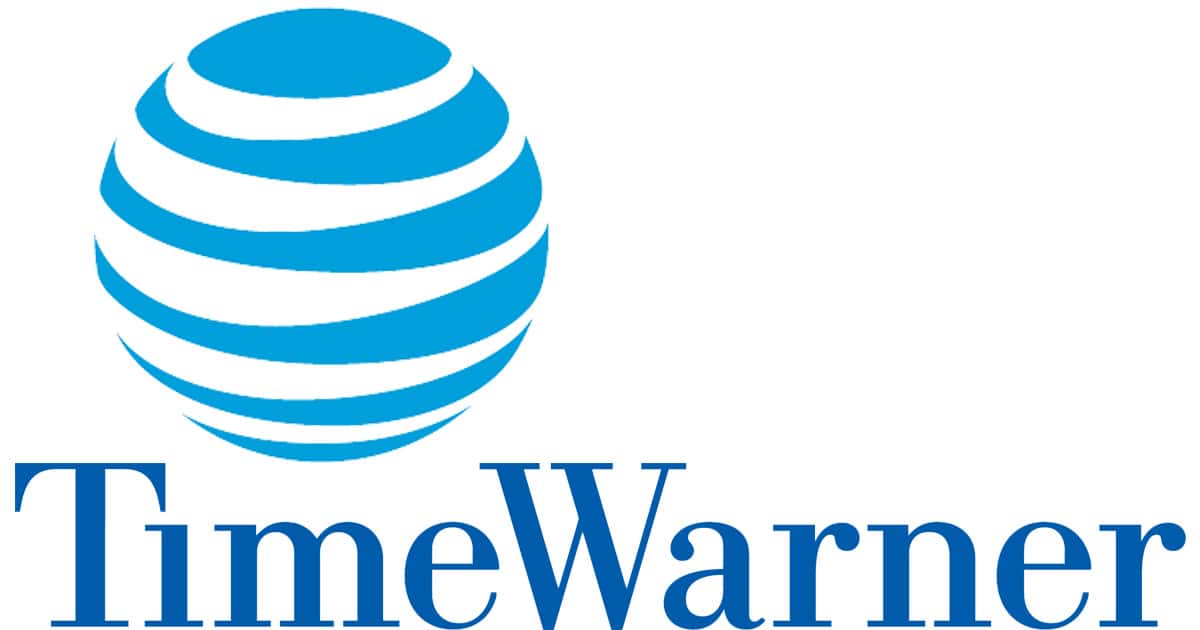AT&T is about to get a lot bigger because the communication company struck a deal to buy Time Warner for about US$85.4 billion. The two companies hope to close the deal by the end of 2017, but are already facing scrutiny over the impact a combined AT&T and Time Warner.

The deal will bring Warner Bros. Entertainment, HBO, and Turner under its wing. It doesn’t include Time Warner Cable, however, which is a separate company.
AT&T CEO Randall Stephenson pitched the buyout as a smart move saying, “This is a perfect match of two companies with complementary strengths who can bring a fresh approach to how the media and communications industry works for customers, content creators, distributors and advertisers.”
Both companies said the combined business shouldn’t be a problem for regulators because this isn’t a merger of two communication companies. Instead, they say it’s a communication company (AT&T) buying a supplier (Time Warner).
AT&T also said properties like CNN will continue to operate independently. That’s a smart move because CNN should be free to report news without editorial restrictions from AT&T, and because it’ll help ease regulatory concerns.
AT&T Time Warner deal skeptics
Senator Al Franken (D-MN) was quick to question the merger, and issued a statement saying,
I’m skeptical of huge media mergers because they can lead to higher costs, fewer choices, and even worse service for consumers. And regulators often agree, like when Comcast unsuccessfully tried to buy Time Warner Cable, a deal that I fiercely opposed. In the coming days, I’m going to be pressing for further details about this reported deal and how it would affect the American consumer, who deserves access to the content they want and whose pocketbook continues to be squeezed by rising cable and internet costs.
The Senator’s statement echoes concerns others are having, too: will a combined AT&T and Time Warner be too big and negatively impact competition?
According to AT&T, the answer is no, because this isn’t like trying to buy T-Mobile—a deal which was shot down by regulators. The T-Mobile deal involved trying to buy another wireless communication company, where the Time Warner deal is about buying a content creation company.
Still, there’s a real concern that putting Time Warner’s properties under AT&T’s control will lead to competitors having to pay more for the same content, or face other distribution hurdles.
That said, Comcast’s NBC Universal purchase in 2011 does set a precedent that favors AT&T. Comcast’s deal took several years longer to complete thanks to regulatory setbacks, but in the end it came together. AT&T could face the same outcome, which would see its Time Warner purchase happen, but later than 2017.
So now we will have two mega corps, Comcast and soon AT&T that control almost every aspect of media in the US (I don’t think radio and newspaper are covered).